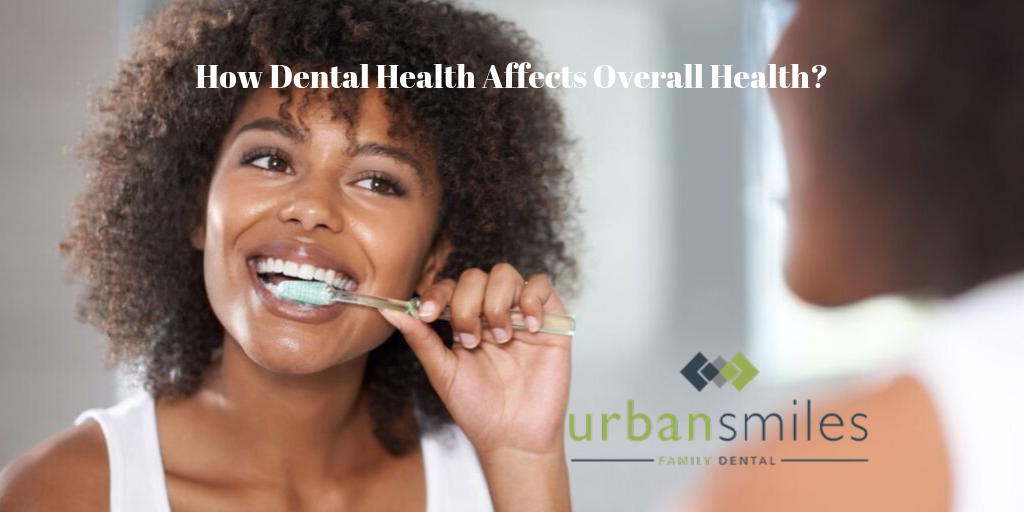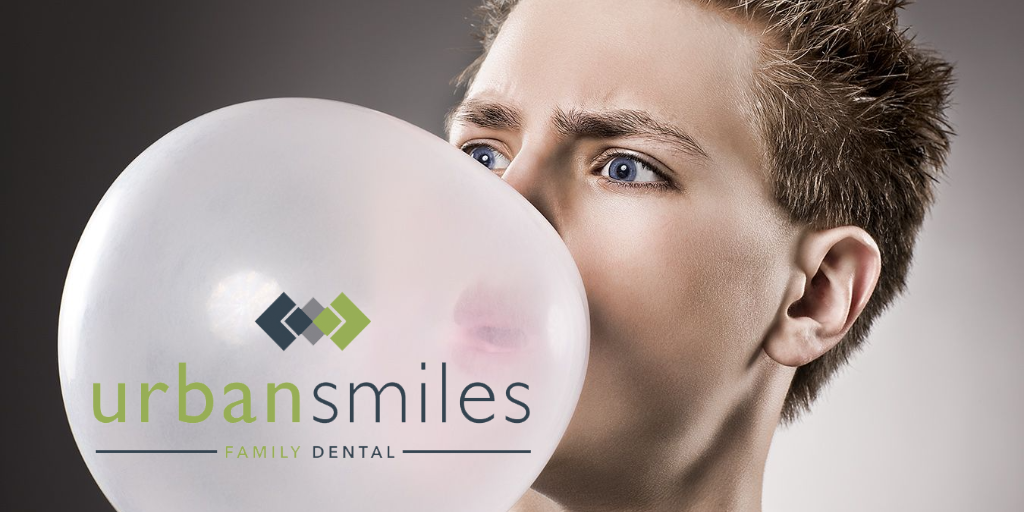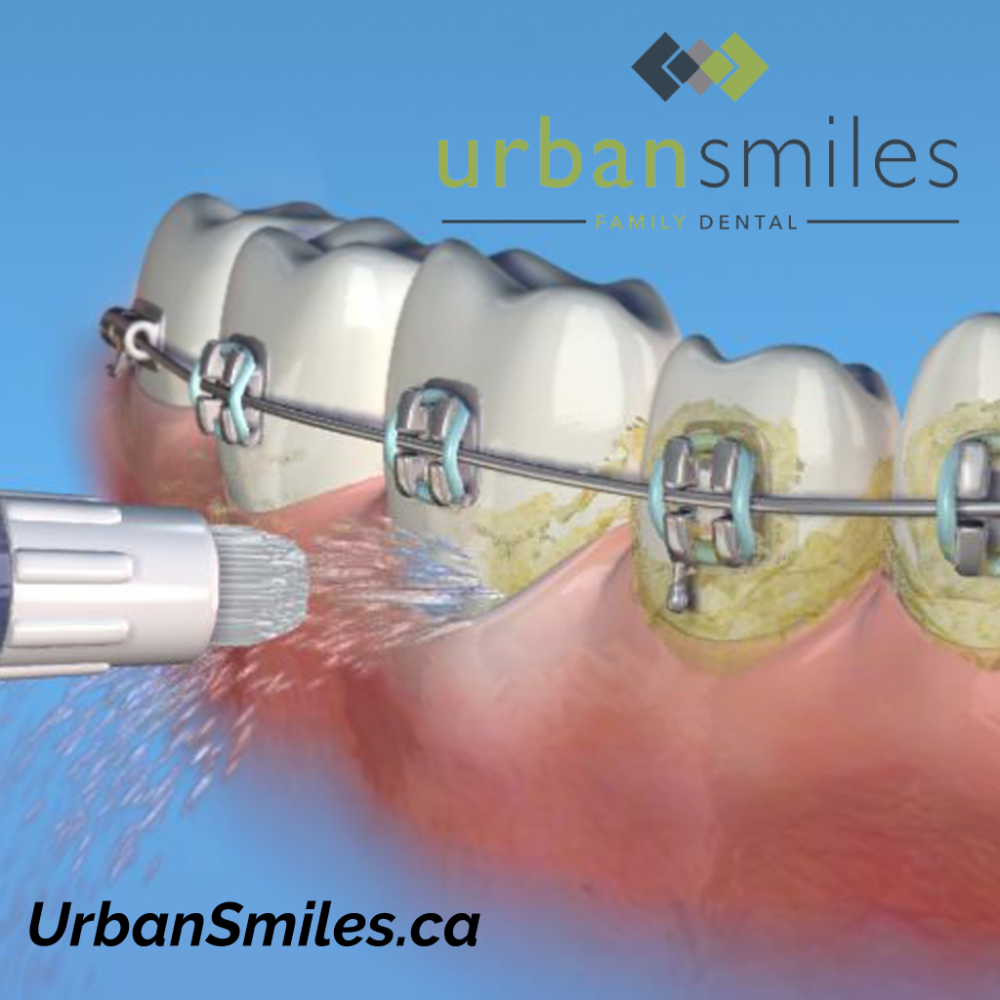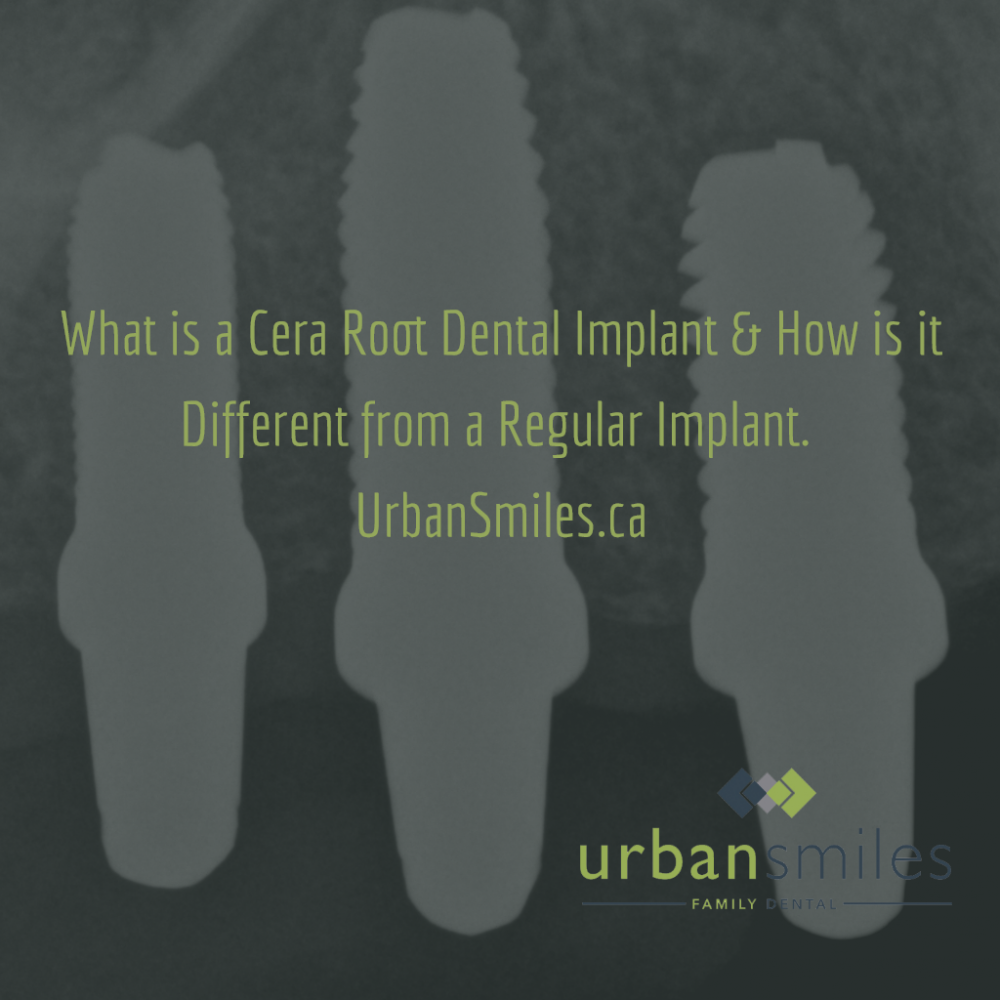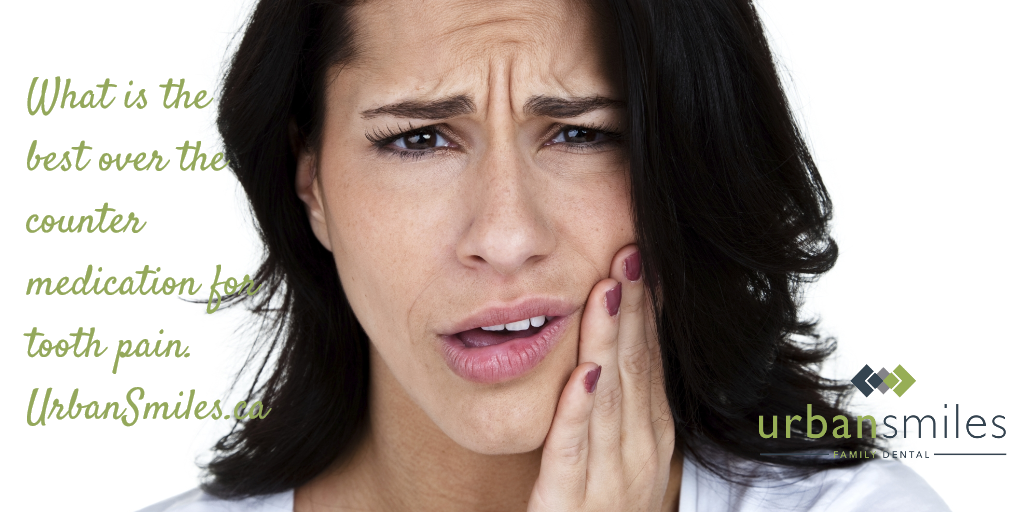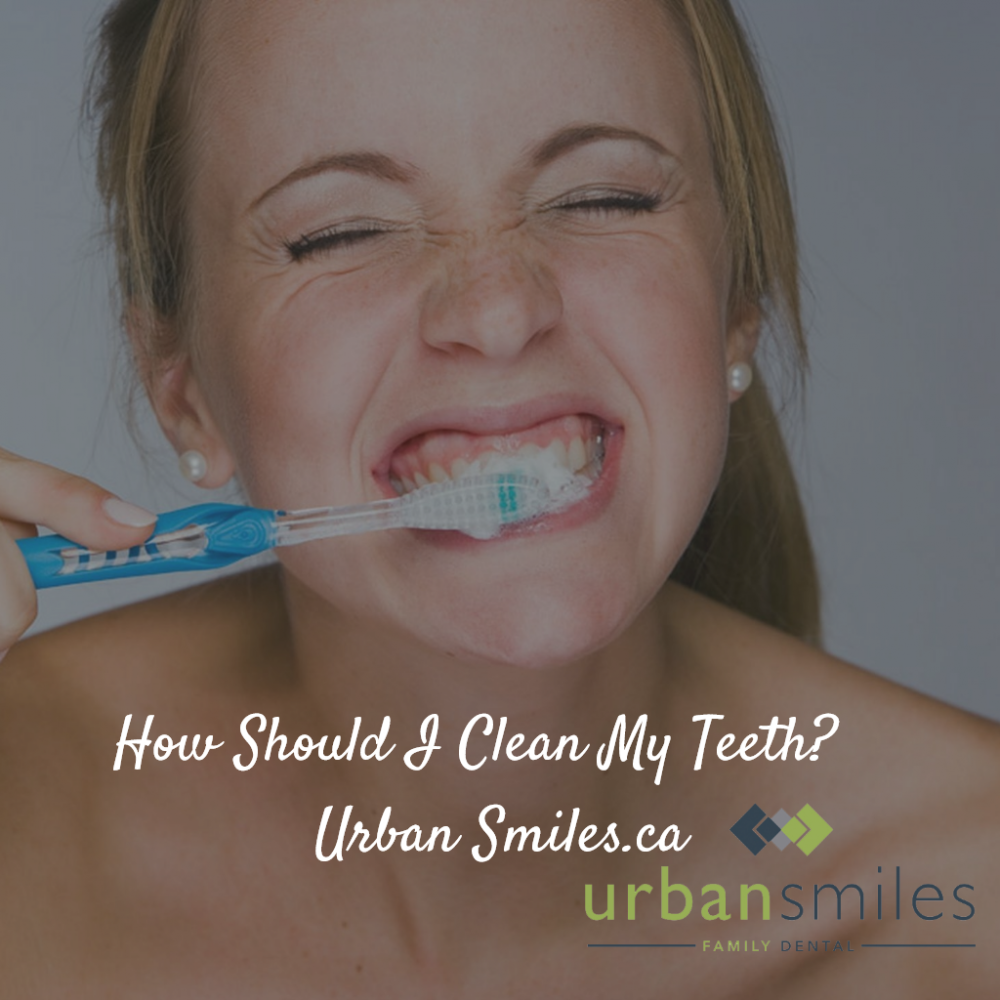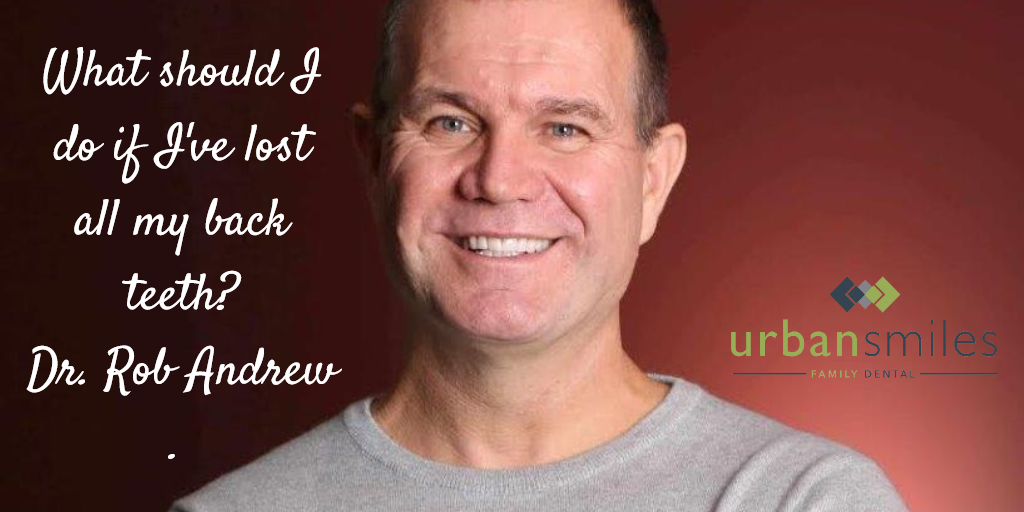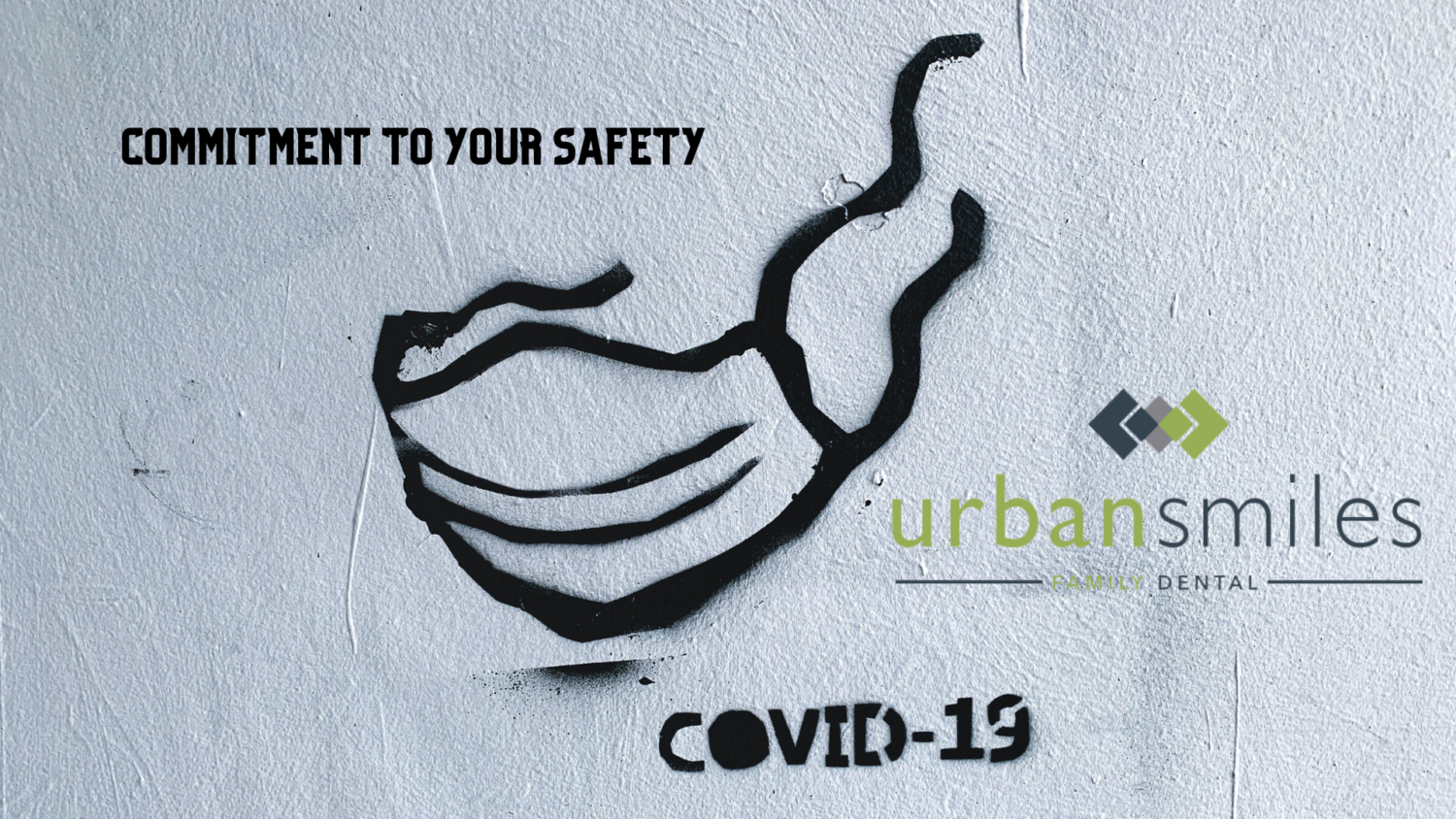
We hope you and your family are in good health. Our community has been through a lot over the last few months, and all of us are looking forward to resuming our normal habits and routines. While many things have changed, one thing has remained the same: our commitment to your safety.
Infection control has always been a top priority for our practice and you may have seen this during your visits to our office. Our infection control processes are made so that when you receive care, it’s both safe and comfortable. We want to tell you about the infection control procedures we follow in our practice to keep patients and our team safe.
Our office follows infection control recommendations and regulations made by the Alberta Dental Association and College (ADA& C). We follow the activities of our College and Alberta Health Services so that we are up-to-date on any new rulings or guidance that may be issued. We do this to make sure that our infection control procedures are current and adhere to each agencies’ recommendations.
You may see some changes when it is time for your next appointment. We made these changes to increase the protection of our patients and our Urban Smiles Family Dental Team. Here is a list of some changes and guidelines for your upcoming appointments:
- Prior to your appointment, you will be receiving a text message and/or an email with a Covid-19 related screening questionnaire. Please read through the questions carefully and inform us before arriving at our office if you answer “yes” to any of the pre-screening questions.
- For the immediate future, our waiting room will be closed and not in use. When you arrive and you are safely parked at our office, we ask that you please give us a phone call to let us know you arrived.
- We ask you to please wait in your vehicle until we are ready for you and we will either text or call you when we are ready and it is okay to enter the office.
- When you enter the office, you will be asked to confirm all questions on the Covid-19 screening questionnaire are still “no” answers. We will also use a digital touchless thermometer to check your temperature. If any question on the questionnaire is a “yes” or if you are found to have a temperature higher than 38 degrees, we will be required to reschedule your appointment after an appropriate amount of time to insure the safety of all our patients and our Urban Smiles Family Dental team.
- If all is well, you will be escorted directly to your treatment room where you will be asked to thoroughly wash your hands or be given a squirt of hand sanitizer before being seated and asked to rinse with a pre-procedural rinse prior to your treatment.
- After treatment you may be asked to rinse with another post-procedural rinse and receive another squirt of hand sanitizer.
- Our goal is to arrange future appointments in the clinical area and only financial arrangements will be handled at the front desk. As far as possible receipts will be e-mailed out and only if you need to sign insurance claim forms will paper forms be printed.
- We have acquired additional equipment and products to enhance our cleaning procedures. These include Air Purifiers, UV-C lights, HOCl fogging equipment and more.
- All staff in the office will be wearing masks. Although you cannot see behind the masks, please know that we are welcoming you back with a big smile.
Appointments will be managed to allow for social distancing between patients. To allow us to practice social distancing and maximize safety for our patients, we may have to change our hours slightly and we will keep you updated as these changes take place. This will allow our team to work in shifts, reduce the number of people in our office at any given time, have room to spread our patients out, and extra time to disinfect our treatment rooms.
To help us with our social distancing measures, we ask for you to please come alone to your appointments. The only exceptions to this rule are for children, patients needing an interpreter and disabled patients. However, we do ask that only a single parent or legal guardian bring their child to their scheduled appointment and that no other children are brought to the appointment, as well. If you can’t attend your appointment alone or if your appointment time doesn’t allow you to bring a single child, please let us know so we can reschedule your appointment for a time that works better for you.
Please note that we will do our best to run on time to reduce waiting times, but dentistry and healthcare can be very unpredictable at times, so please be patient with us and we will do our best to take care of you.
The systems we’ve implemented for everyone’s safety are new to us and I’m sure we will have some speed bumps as we begin using them. Please know, we are doing everything we can to take great care and accommodate you.
We look forward to seeing you again and are happy to answer any questions you may have about the steps we take to keep you, and every patient, safe in our practice. To make an appointment, please call our office at 780-989 6030.
Thank you for being our patient. We value your trust and loyalty and look forward to welcoming back our patients, neighbours and friends.
Sincerely,
Dr. Rob Andrew and Associates and the entire Urban Smiles Family Dental Team
Connect with us below:
Twitter Facebook Instagram LinkedIn Youtube Pinterest Snapchat


